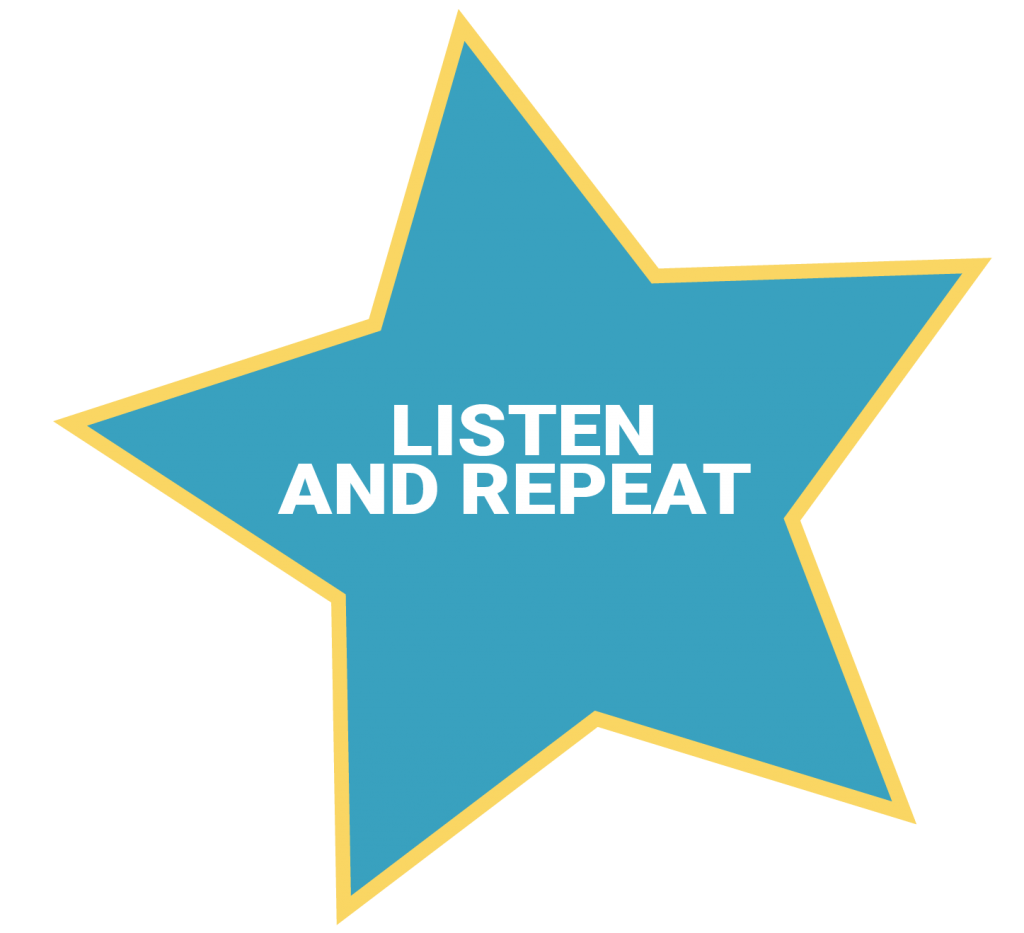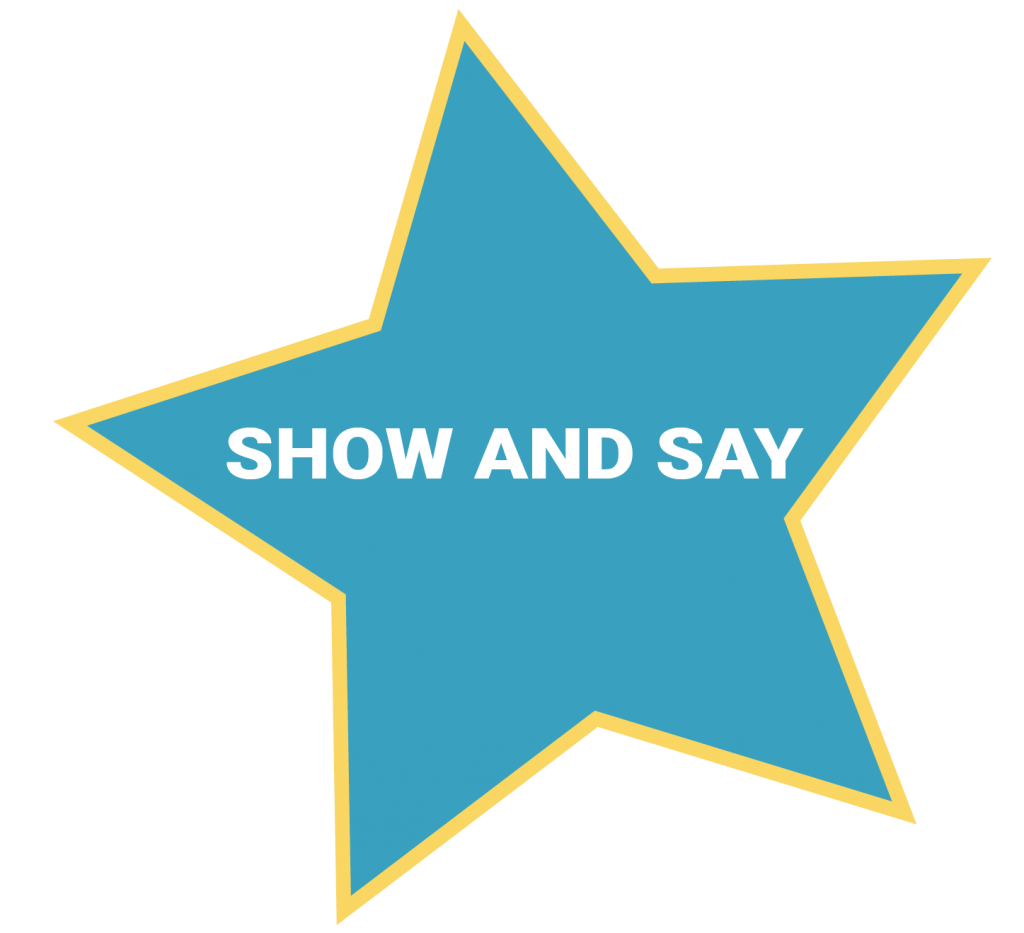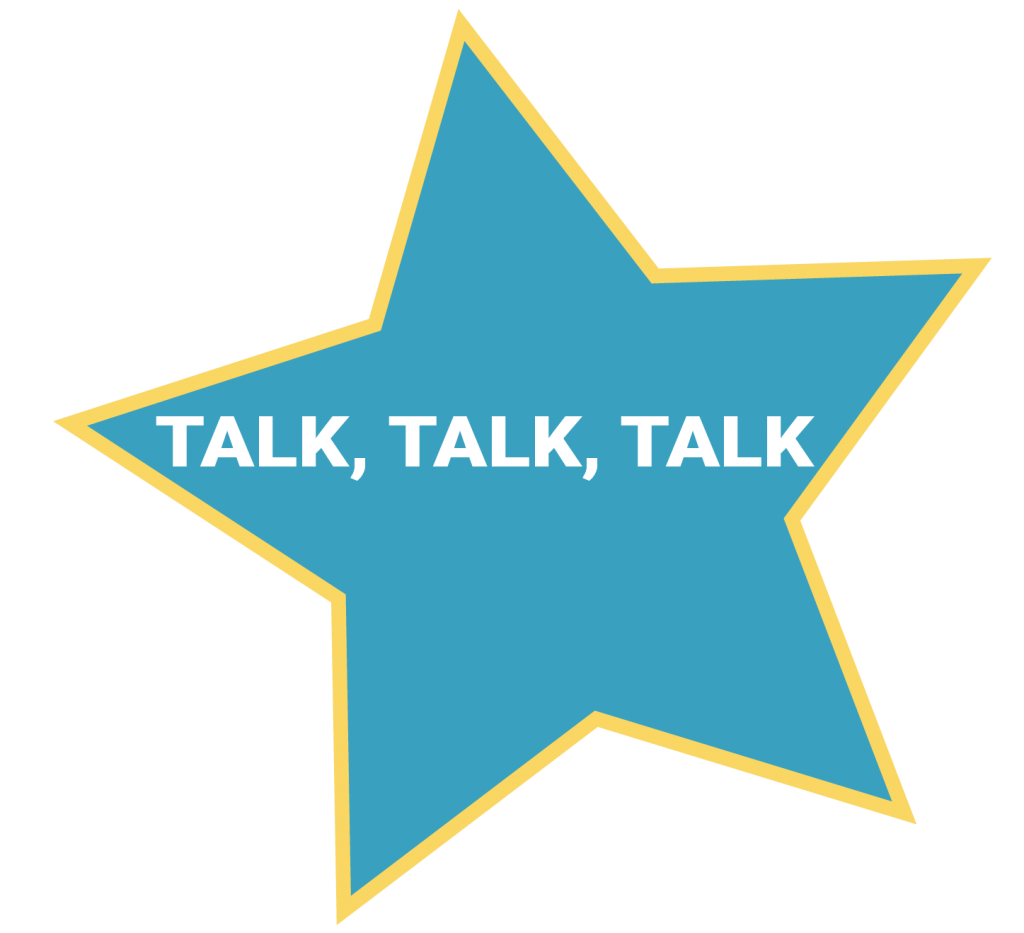
Infants and Toddlers
Why This is Important
Language and communication skills are important in the early years. During the first years of life, the baby’s brain is developing rapidly and laying the foundation for learning. Research shows that reading to young children is the single most important thing adults can do to ensure timely development of language and literacy skills. This is the best time to provide infants and toddlers with loving interactions that can support their cognitive development. Through talking, reading books and playful interactions, babies begin to feel safe and secure.
Literacy Goals for Infants and Toddlers
- Communicate needs and wants verbally and non-verbally.
- Use verbal and non-verbal communication and language to interact with others.
- Increase the number of words in communication and conversations with others.
- Show attentiveness, repeat, and use some rhymes, phrases, or repetitive refrains from stories or songs.
- Handle books and recognize pictures, symbols, signs, or words.
- Understand meaning from pictures and stories.
- Begin to make marks with a crayon or marker to represent forms of print.
Quick Tips and Activities

- Listen to the fun sounds your baby makes and repeat them. When your baby coos, coo back. Hold your baby’s hand gently, and when your baby smiles, smile back. Your loving touch combined with this back-and-forth “baby language” are the first steps in talking.
- Be sure to use eye contact, make facial expressions, smile, and gesture while you talk with your baby.

- Play games during bath time to help your baby learn new words. Take turns dropping toys in the water. Say, Watch it sink! or It floats!
- As you feed your baby, use words to describe what foods taste, feel, and look like. This yogurt is smooth. That yellow banana is sweet!
- Everywhere you go, talk about what you see. A stop sign, a traffic light, or a tree might seem boring to you, but it’s a whole new world to your baby or toddler. Talking about the things you both see helps your baby understand the world.
- As you baby gets older, ask your baby to describe what he or she sees, smells, hears, and feels.

- Encourage everyone who spends time with your baby to talk with your baby. This includes, babysitters, childcare providers, hospital and clinic staff, friends and grandparents.
- Play “Peek-a-boo” while getting your baby dressed. Ask, Where’s (baby’s name)? When you pull a shirt over your baby’s head, then say, There you are!
- Talk to your baby using “parent-ese,” which is when an adult speaks to a baby in an exaggerated, animated, and repetitive way. Your baby will get excited when you speak in fun and interesting ways. Parent-ese captures babies’ attention and can help them learn.
- Pick one word every day and teach your child what it means.
- As you baby gets older, make up fun rhymes together. Ask your toddler: What rhymes with “zoo”? -Moo! Boo!

- You can inspire a love of books and words in your baby by reading or telling stories every day.
- Read the same books again and again to help your baby or toddler become more familiar with the story and learn new words.
- Show your baby or toddler the pictures and words as you read them aloud.
- As you read a story, move your finger under the words in a smooth sliding motion from left to right.
- Point to the book’s pictures and describe what your baby sees This helps your baby build language. For example, Look, the train goes choo-choo!
- Read favorite storybooks two or three times to your child.
- Let your toddler turn the book’s pages. It’s OK if they skip pages, or like a few pages better than others. You just want your toddler to get used to touching books.
